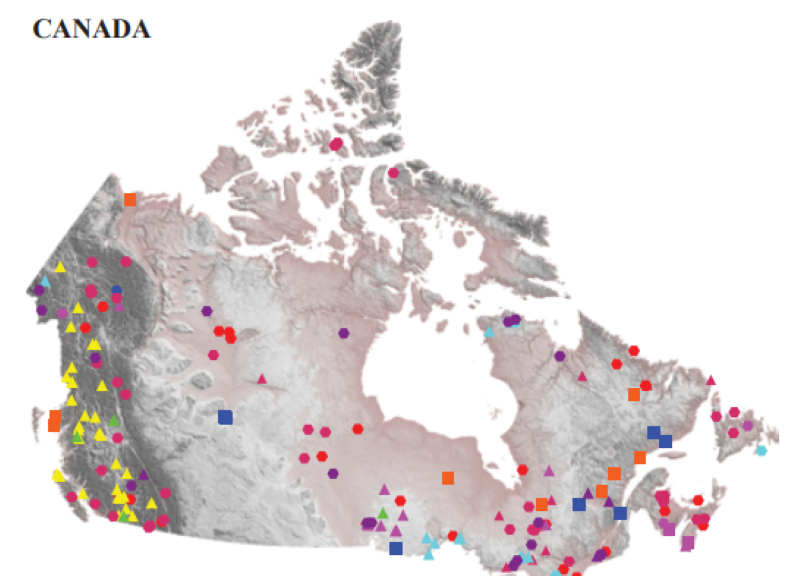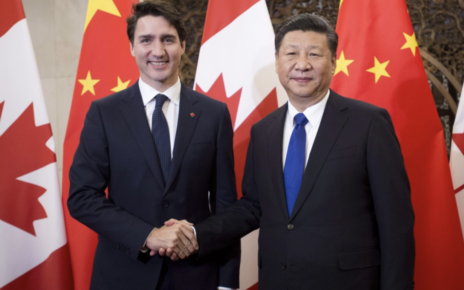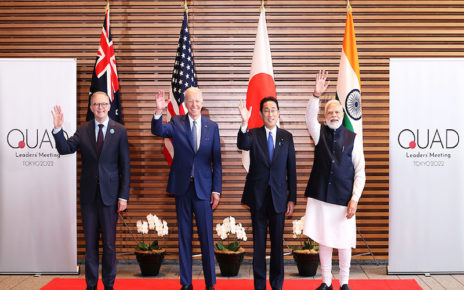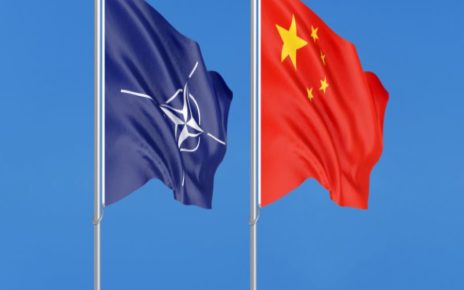In her introductory remarks at the Halifax International Security Forum last week, Canada’s National Defence Minister, Anita Anand, reserved a section to communicate to the audience Canada’s commitment to engaging in the Indo-Pacific region.
Interestingly, it was in this portion of the speech that Anand chose to speak about Canada’s new national economic security lens on foreign investments in Canada. She specifically highlighted the need to review investments in the “critical minerals sector.”
These remarks came on the heels of a speech given by Canada’s Minister of Foreign Affairs Mélanie Joly on November 9th in Toronto where she previewed Canada’s Indo-Pacific strategy. She referred to the new national economic security lens in the context of China and warned businesses to be “clear-eyed” and to understand and take into account the geopolitical risks associated with doing business with that country. She also specifically mentioned the updated guidelines for foreign investments in the critical minerals sector.
It was on October 28th, only a few days earlier, that the Canadian Minister of Innovation, Science and Industry François-Philippe Champagne and the Minister of Natural Resources Jonathan Wilkinson issued a joint statement that they were providing updated guidance regarding the application of the Canada Investment Act to transactions with foreign state-owned enterprises in the critical minerals sector.
The Investment Canada Act provides for the review of significant investments in Canada by non-Canadians, with one of the most important aims being to ensure that they are not injurious to national security.
Champagne and Wilkinson stated that foreign investments relating to any minerals defined as “critical” would be approved exceptionally and only if there were a clear net benefit and no risk to national security. In considering net benefit they would consider such factors as the extent to which the foreign state is likely to exercise direct control over the Canadian business. In assessing national security risks they would review connections to enterprises subject to influence by hostile or non-likeminded states.
They explained that the reason for this new policy is that critical minerals are essential for the “green, digital economy” of the future and that they represent tremendous economic opportunity. Critical minerals and metals, such as lithium, cadmium, nickel and cobalt, are essential to the manufacturing of important items such as laptops, rechargeable batteries, electric cars, solar panels and wind turbines.
But is the new policy aimed at China? It would seem so, given that National Defence Minister Anand referred to it in the context of Canada’s Indo-Pacific strategy, and that Foreign Affairs Minister Joly referred to it after describing China as an increasingly disruptive global power with “interests and values that increasingly depart from ours”. But the real proof is that less than a week after issuing the statement on the new restrictions on foreign investment in the critical minerals sector, Innovation Minister Champagne ordered three Chinese resource companies to sell their interests in Canadian critical mineral firms.
Why is Canada concerned about China’s investment in its critical mineral industry? Champagne and Wilkinson indicated that they want foreign investments from partners that share our interests and values. Also, whereas Canada produces many critical minerals, it is dependent on China for much of the refining and processing. Having seen the result in Europe of depending on Russia for oil and gas, the US Treasury Secretary Janet Yellen proposed at the Atlantic Council that its members use “friend-shoring” and not allow countries to use their market position to disrupt economies or exercise political leverage. Canada seems to be taking this advice to heart and is aiming to make sure the supply chain for critical minerals rests in the hands of Canadian businesses or those of friends and allies.
Photo: Canada Mineral Locations via US Geological Survey. Public Domain. Cropped from original.
Disclaimer: Any views or opinions expressed in articles are solely those of the author and do not necessarily represent the views of the NATO Association of Canada.




